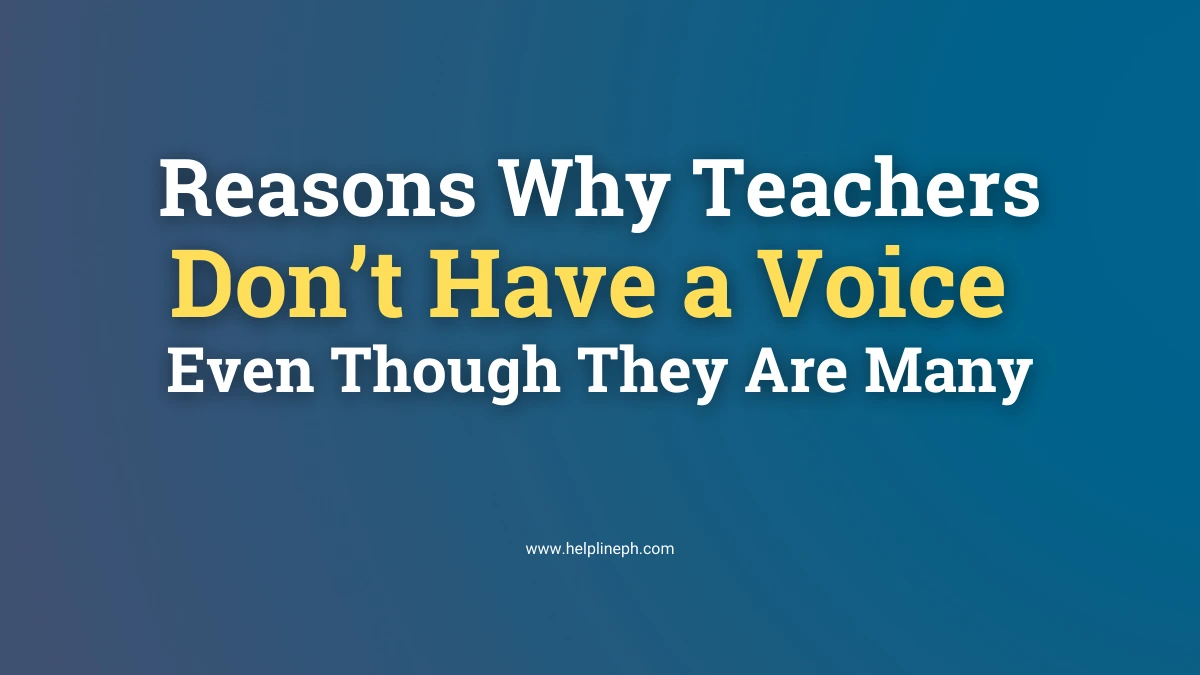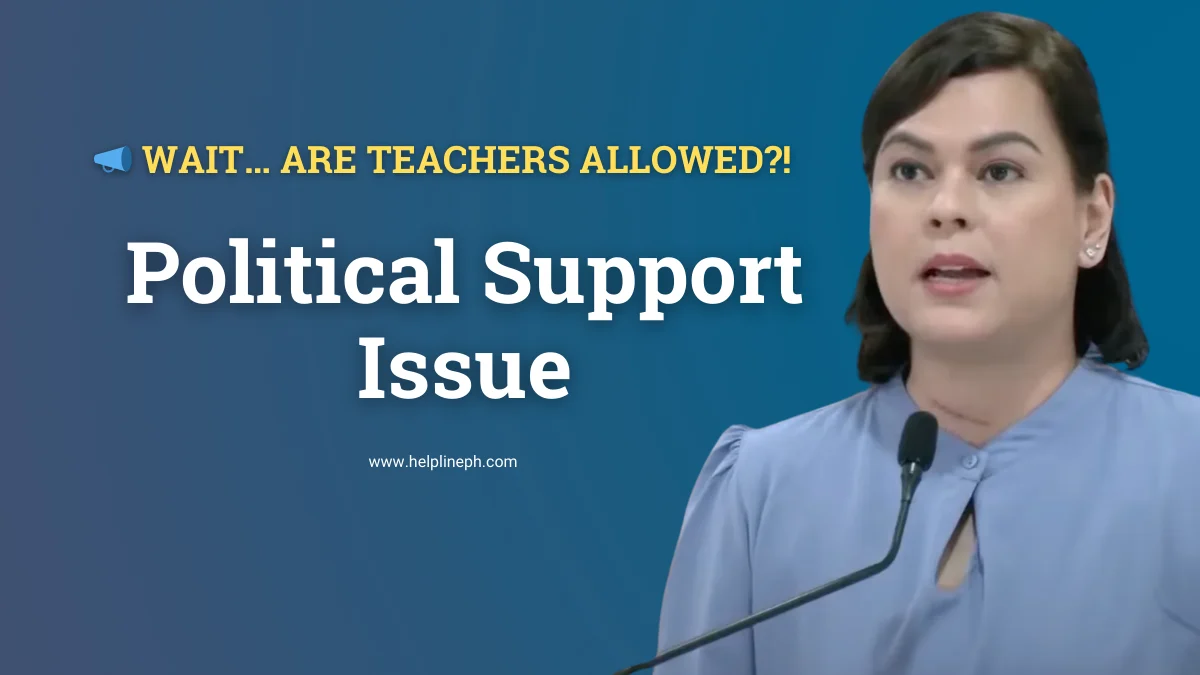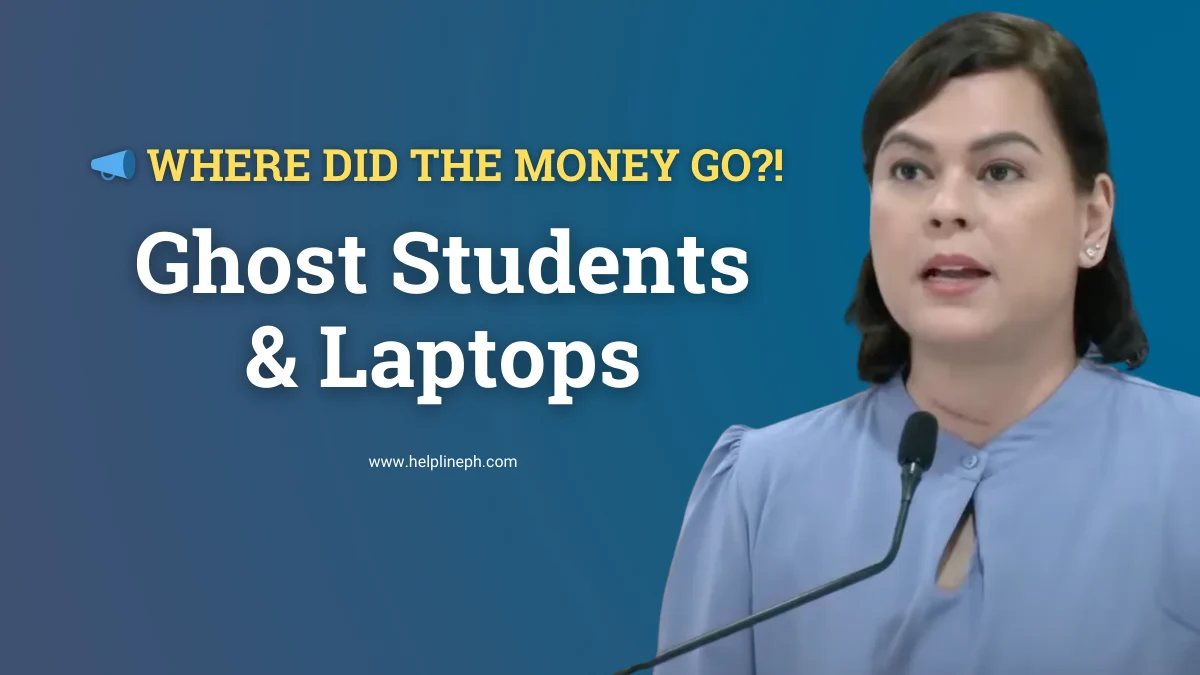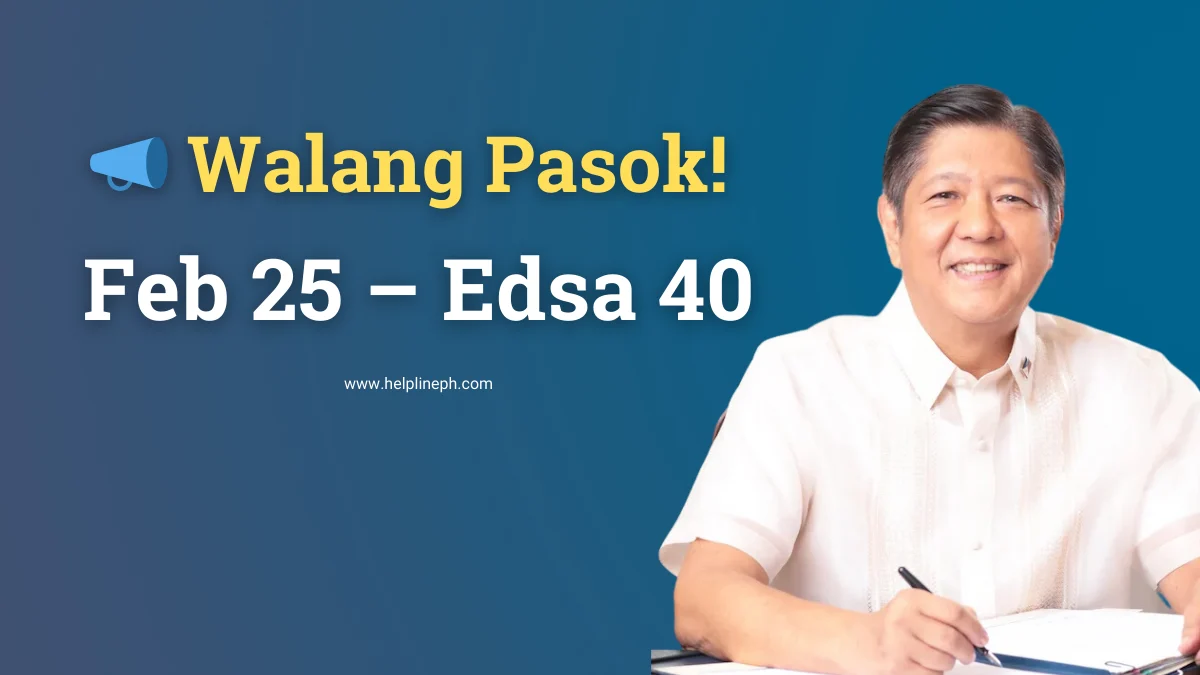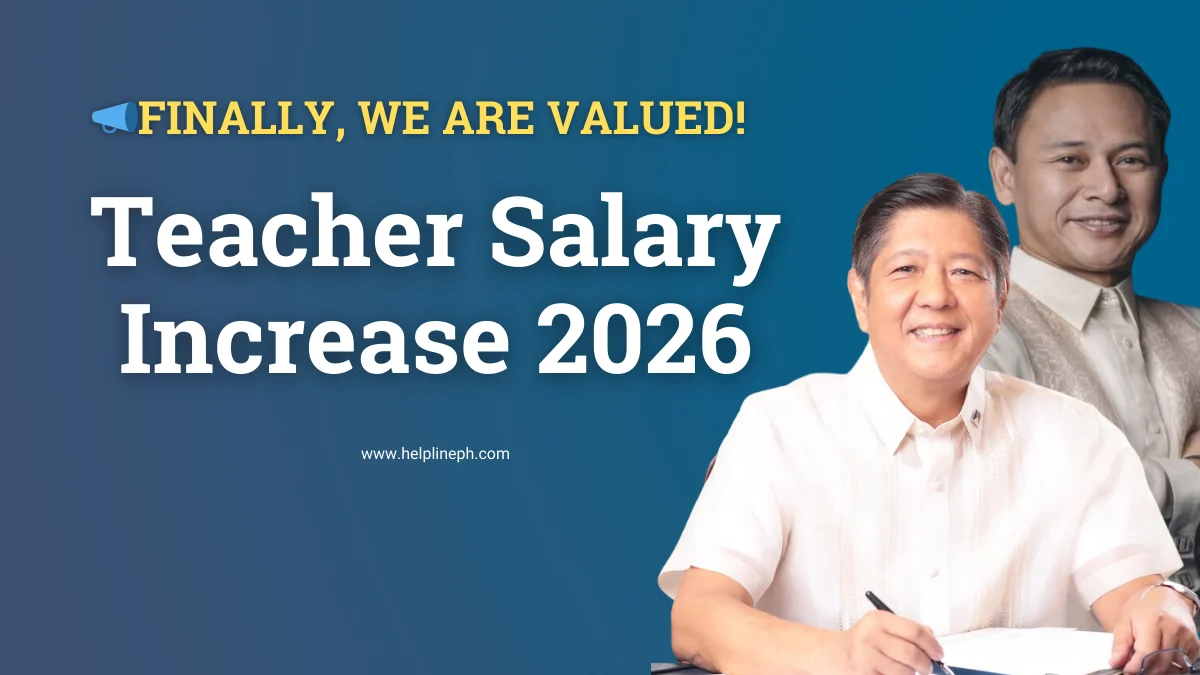Introduction
Ever wonder why teachers in the Philippines often follow rather than lead and don’t have their own set of choices? They can’t even voice their true feelings or express what they genuinely feel. It’s only in the Philippines that teachers are held to saintly standards, unable to commit even a simple mistake. Despite their large numbers, why is it that our DepEd teachers in the Philippines don’t have a voice of their own? It seems they only rule within the four walls of their classrooms, only in front of their students, but when it comes to larger issues, their lips are sealed.
Key Reasons Why Teachers Don’t Have a Voice
Fear of Job Loss
Many teachers fear that they will lose their jobs if they speak out. It’s not that teachers are afraid to voice their agonies and beliefs, but they are protecting their source of livelihood. There are laws and regulations that govern the conduct of government employees, including teachers. As the famous saying goes, “Ignorance of the law excuses no one,” so teachers willingly seal their lips instead of raising their voices. This includes everything within their jurisdiction as long as they are in active service to their country. Additionally, as they are under different divisions, they will always shut their lips because even their heads will tell them to do so. There are many possible consequences when teachers openly voice their views. This is where the term “playing safe” comes into play.
Professionalism and Code of Ethics
Teachers are expected to remain neutral despite everything happening in their environment. Any strong opinion can be seen as a breach of their oath as professional teachers since they are deemed role models to the students.
Social Media Concerns
With the rise of technology, teachers are advised to “Think before you click, think before you act, and think before you post.” Teachers have eyes and ears everywhere. They should maintain their ground, silently bearing the struggles they face whenever any circumstance arises.
Safety Concerns
Opinionated teachers can voice their beliefs, but they can’t be assured of any protection from DepEd. If they make mistakes, they will face the consequences alone. For their own safety, most of the time, they choose silence rather than voicing their hatreds, struggles, and opinions.
Conclusion
People might not easily understand why teachers become so voiceless at times when they need to speak. For teachers, that is the only way to survive, especially in the Philippines, where teaching as a profession is often a last resort. If there were other professions offering higher remuneration, there would always be a scarcity in the teaching force. – Mark | Helpline PH
